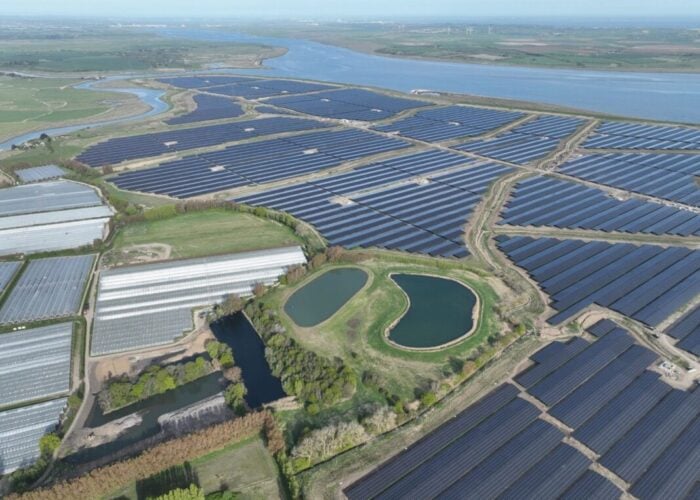
Meridian Energy, a New Zealand state-owned energy company, has secured planning consent for its 120MW Ruakākā Solar Farm in Tai Tokerau Northland.
The organisation said last week that it had secured final consent from the Environment Court. The Northland Regional Council granted initial consent in September 2024.
Unlock unlimited access for 12 whole months of distinctive global analysis
Photovoltaics International is now included.
- Regular insight and analysis of the industry’s biggest developments
- In-depth interviews with the industry’s leading figures
- Unlimited digital access to the PV Tech Power journal catalogue
- Unlimited digital access to the Photovoltaics International journal catalogue
- Access to more than 1,000 technical papers
- Discounts on Solar Media’s portfolio of events, in-person and virtual
Meridian Energy’s project will feature 250,000 solar PV modules and produce between 150-250GWh of renewable electricity each year. Subject to the final investment decision by the Meridian Board, expected in March, construction of the Ruakākā Solar Farm is planned to start in mid-2025 and to be completed by early 2027, later than the previously forecast date of late 2026.
Despite securing initial consent in September 2024, the project received an appeal regarding environmental aspects of the development. Meridian said this has been resolved, through the addition of further protection for wetlands and dunelands, and plans to restore wetland areas.
Meridian Energy’s CEO Neal Barclay said the appeal was resolved quickly and was keen to be able to move forward with the site.
“Solar farms and batteries are part of the solution to strengthen and grow our electricity system. Along with our hydro stations and wind farms, they’ll build resilience for tough years and help to reduce the cost of electricity for Kiwi homes and businesses,” Barclay said.
This solar PV project forms stage two of Meridian’s Ruakākā Energy Park. The site will include a 100MW/200MWh battery energy storage system (BESS) and is expected to be operational by April 2025. Saft, a subsidiary of TotalEnergies, is delivering this system.
Meridian anticipates that the BESS will deliver annual revenues of up to US$35 million.
New Zealand’s 2024 ‘energy crisis’ grants solar PV an opportunity
Much of the New Zealand grid is dominated by hydroelectric power plants, most of which are situated on the country’s southern island. This reliance on hydroelectricity, however, caused an energy crisis last year, with a dry year significantly reducing the output of these plants. In turn, wholesale electricity prices shot up as the country became more reliant on oil and gas.
The turbulence last year now presents an opportunity for solar PV, wind and energy storage to secure a more prominent role in the island nation’s electricity mix, something Sarah Gillies, chief executive of the Electricity Authority, spoke with PV Tech Premium about last year.
Gillies told PV Tech Premium that more investment is needed to support and stabilise New Zealand’s electricity system, with the next 12-24 months set to “continue to be challenging”.
“We need more investment in generation and to harness opportunities from new technologies and demand response to keep the lights on at an affordable price. Looking ahead, we continue to need a combination of fuels and the supply,” Gillies said.







